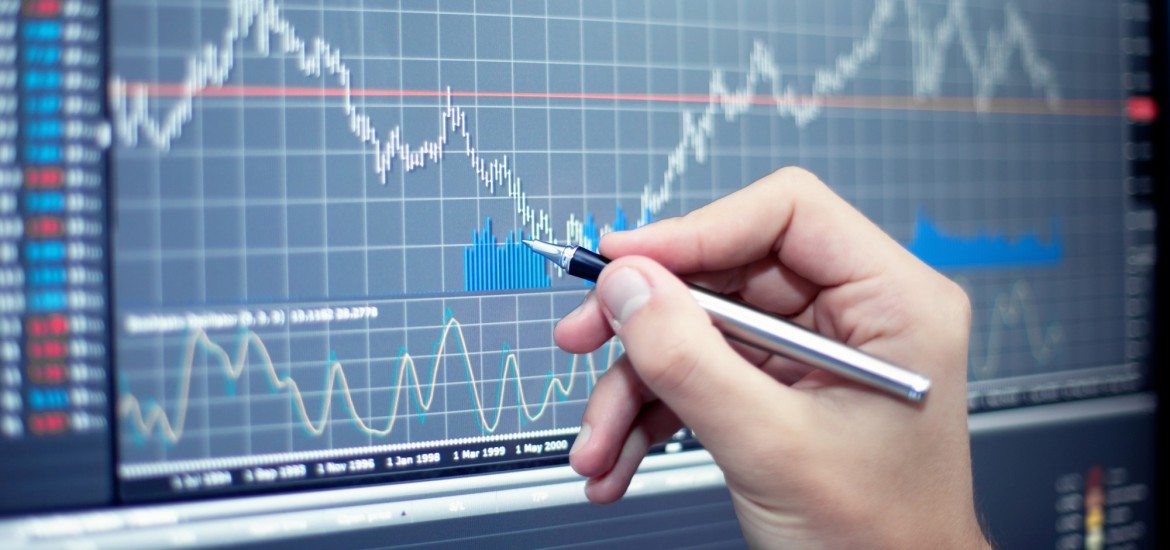There are two prices that each investor requires knowing. These two prices include the current value of the investment they own and the future selling price of the investment. Nonetheless, experts suggest that investors should analyze the past pricing history to make informed decisions on the trends of their current or future investments.
Different investors have unique ways of investing in the Forex markets. Some do not buy if the futures or commodity prices have risen sharply since they assume it is due for a future correction. Others do not buy when prices are falling since they fear it will continue to deteriorate. On the contrary, some investors will buy when the prices have declined looking to capitalize on the correction viewing the deterioration as a short pull back.
Factors Affecting Forex Market Performance
The Forex market is quite volatile and is affected by many factors. Some of the main factors that play a role in affecting the prices include natural disasters, geopolitical affairs, and economic performances. Nonetheless, the current markets are affected by the economic slowdown in China that is the world’s second-largest economy.
The slowdown has raised tension in the markets and made the investors shift to the ‘safe havens’. The Asian economies that are majorly affected by China are also having deterioration with the Australian dollar being among the notable negatively affected currencies.
The Japanese Yen and Gold are considered to be some of the safe havens in the Forex markets making them strengthen significantly as their demand increases in the midst of increased risk appetite. The low oil prices have also affected many economies in the world that in turn has caused ripple effects in the Forex markets. Some countries like Norway and Mexico have cut down their spending budgets as a result of the low oil prices.
Mexico’s central bank, Banixco, intervened to rescue their floundering currency by selling US dollars to support the Peso. The plunging oil prices had destabilized Mexico’s budget resulting in a series of spending cuts. The Peso became weak, and borrowers who had taken debts in dollar terms found it hard to repay. Through the intervention, the Peso shot up 3% against the dollar hence affecting trading in the Forex markets.
Monetary Policies
The divergent monetary policies are responsible for the current Forex market trends. The Federal Bank and Bank of England maintain a hawkish approach while the European Central Bank and the Bank of Japan maintain a dovish approach. Moreover, accommodation will target inflation, growth, and employment theoretically while practically it affects the Forex markets.
Though there has been a recent stimulus-backed trading by EU and Japan, their negative interest rates have reduced the rally that their currencies have against the dollar and the sterling pound.
Ways to Predict Market Performance
Behavioral finance has revealed that momentum is a crucial determinant of market performance. A majority of the investors will buy when the prices are low increasing demand for the commodity or currency in Forex. Through the increased demand, the prices rise, and they are set to gain profits from their investment.
However, momentum is a determinant in the short term basis. Studies show that without external influences, the markets that seem to either underperform or have performed well in the recent three to five years will experience mean reversion. The markets appear to return to a particular price. This strategy is useful for the long-term trades with the investors who trade on a quarterly and annual basis set to benefit.
The European Central Bank and Bank of Japan are set to buy commodities, specifically oil, to stabilize the markets. Through their intervention, the looming global financial crisis is set to be avoided. Moreover, the buying of the oil and other commodities by the banks and governments will stabilize the Forex markets.
